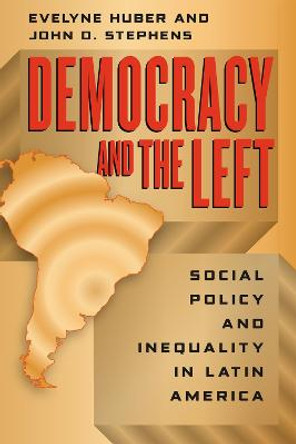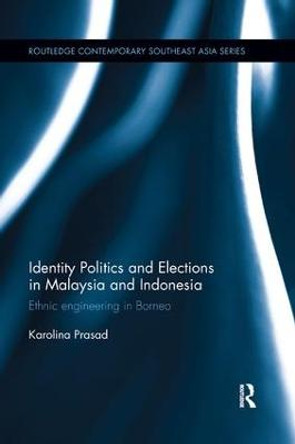Exclusion by Elections develops a theory about the circumstances under which 'class identities' as opposed to 'ethnic identities' become salient in democratic politics, and links this theory to issues of inequality and the propensity of governments to address it. The book argues that in societies with even modest levels of ethnic diversity, inequality invites ethnic politics, and ethnic politics results in less redistribution than class politics. Thus, contrary to existing workhorse models in social science, where democracies are expected to respond to inequality by increasing redistribution, the argument here is that inequality interacts with ethnic diversity to discourage redistribution. As a result, inequality often becomes reinforced by inequality itself. The author explores the argument empirically by examining cross-national patterns of voting behaviour, redistribution and democratic transitions, and he discusses the argument's implications for identifying strategies that can be used to address rising inequality in the world today.
This book proposes a new theory of identity politics in elections, explaining why it is difficult for democracies to address rising inequality.About the AuthorJohn D. Huber's research focuses on understanding how the social, political and institutional context affects the outcomes of democratic processes. Along with numerous articles, he is the author of two previous Cambridge University Press books, Rationalizing Parliament, Legislative Institutions and Party Politics in France (1996), and Deliberate Discretion? Institutional Foundations of Bureaucratic Autonomy (2002, with Charles Shipan).
Book InformationISBN 9781316633977
Author John D. HuberFormat Paperback
Page Count 224
Imprint Cambridge University PressPublisher Cambridge University Press
Weight(grams) 330g
Dimensions(mm) 228mm * 153mm * 13mm







